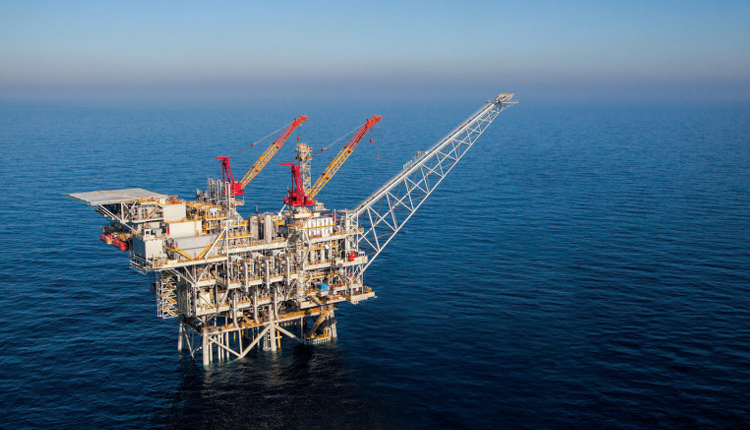Egypt said it began production from two deepwater gas wells in the Mediterranean with output of 390 million cubic feet of gas and 1,400 barrels of gas condensate per day, Ahram Online reported on Tuesday.
The first well, Zohr-17, began production at the mammoth Zohr gas field after the completion of the digging in the field’s southern region, the petroleum ministry said in a statement on Tuesday.
Work is underway to reach the maximum output of 250 million cubic feet of gas per day from the well, the statement said.
Digging the new well, at a depth of 5,300 meters, and getting it online is part of an ambitious plan to develop Zohr — the largest gas field in the Mediterranean discovered by Italy’s Eni in 2015, it added.
With Tuesday’s announcement, the total number of wells in the field has risen to 15, with ten wells in the northern area and five in the southern.
Petrobel, a joint venture between Eni and the state-owned Egyptian General Petroleum Corporation (EGPC), started production from the second well, Baltim South West-7, in the Nile Delta at a maximum capacity of 140 million cubic feet of gas per day and 1,300 barrels of gas condensate daily. Digging was completed in a record time of two and a half months, the ministry said.
“This affirms the continued success of the plan to develop and produce gas from the Baltim South West region and reach targeted production capacities within a short period from the beginning of production in September,” the ministry said.
Output from the Baltim South West field, discovered by Eni in 2016, hit the targeted 500 million cubic feet of gas per day in seven months after the digging of only four wells instead of a planned six, the ministry added.
The field, located 12 kilometers off Egypt’s Mediterranean coast, has a potential capacity of 1 trillion cubic feet (tcf) of gas, Eni said last year.
Eni, through its subsidiary IEOC, holds a 50 percent stake in the Baltim South development lease and British Petroleum (BP) holds the remaining 50 percent. The project is operated by Petrobel.


